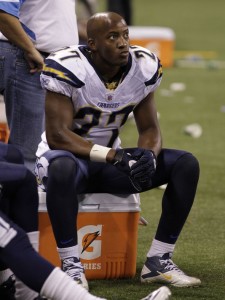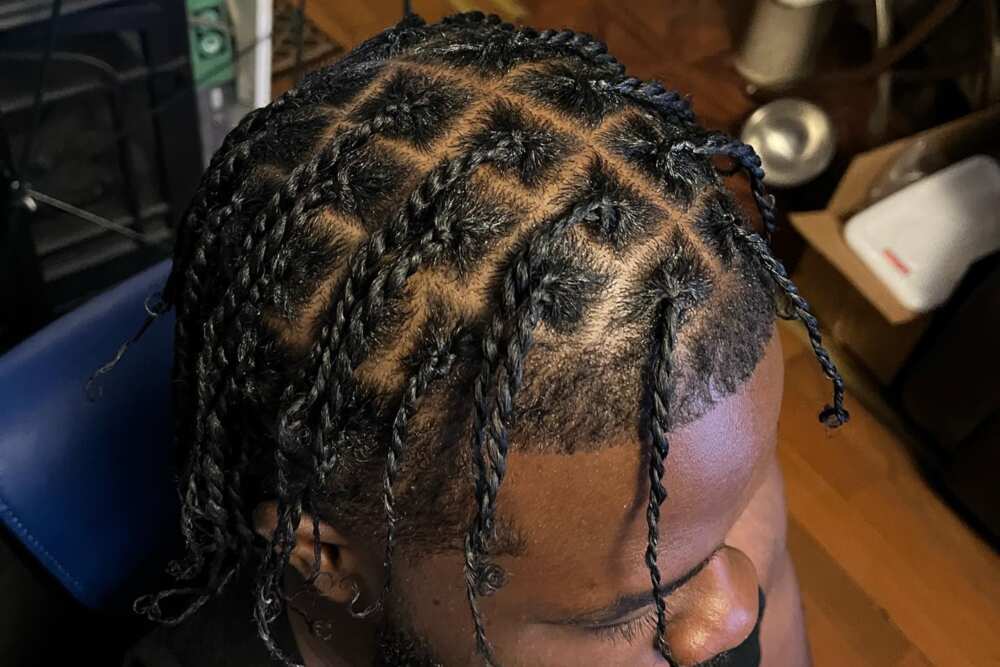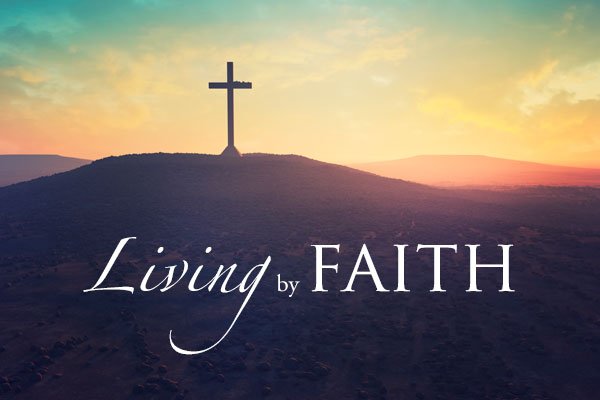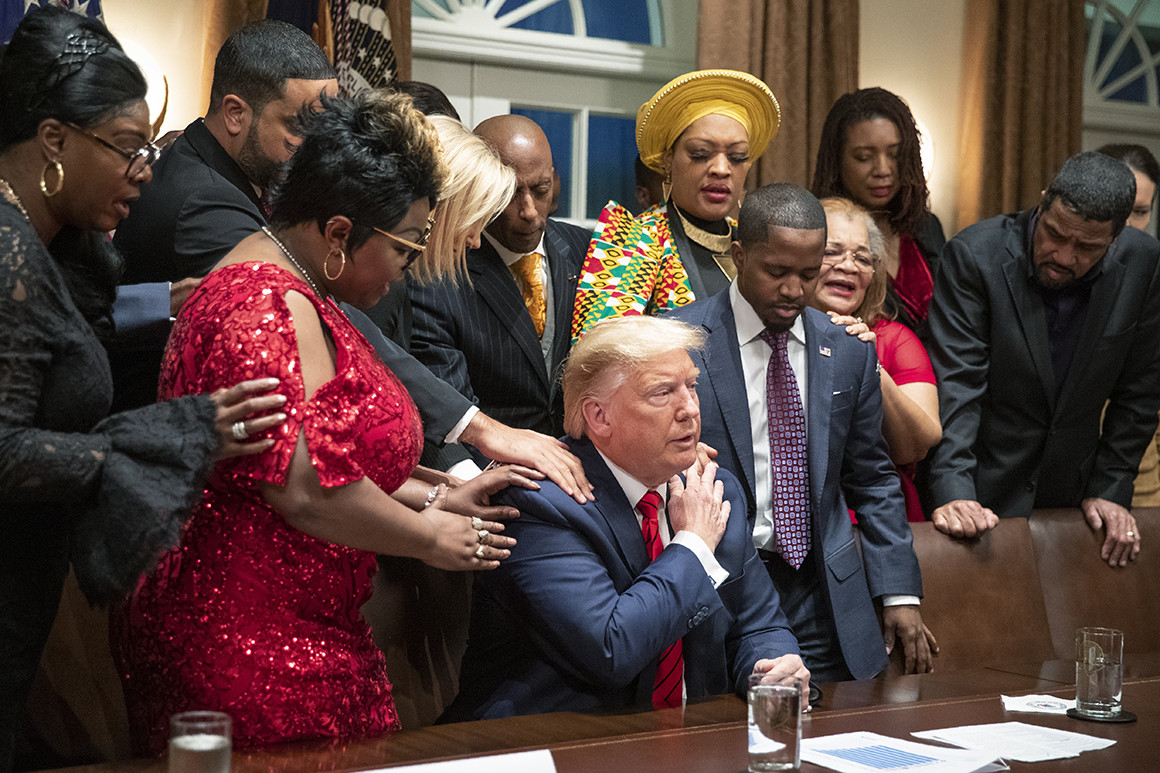(ThyBlackMan.com) When I read about the recent suicide of former San Diego Charger Paul Oliver, I was sad. The age of 29 is always too early to die, and there is so much life one can experience in their thirties and forties, so it’s hurtful to hear about someone giving all that up. But life can be deceptive, and one interesting thing about being in your twenties is that you can sometimes feel that things aren’t going to get any better.
I think about my own life in my late twenties and remember hitting rock bottom. Everything in my professional life was falling apart, and I was on the verge of being homeless. I also never thought I’d finish my Finance PhD, which was one of the most grueling experiences of my life (imagine studying 10 hours a day, seven days a week for years on-end and still being told that you’re stupid – Finance at the PhD level is sickeningly difficult). Because I was so h**l-bent on being a bookworm, the woman I loved told me that she was going to leave me for another man and took my adopted son with her. So, there I stood, with a broken heart, very few friends and at risk of seeing all of my hard work completely wasted.
there I stood, with a broken heart, very few friends and at risk of seeing all of my hard work completely wasted.
Crying at my desk, I made the simple decision to not allow temporary circumstances to kill my dreams. I would either reach my goals or die trying, there was going to be no in-between. So, I pushed forward solely on faith that if I just kept working, tomorrow might bring a better day. Now, looking back years later, I can honestly say that the worst year of my life was actually the best year of my life, since you sometimes have to come close to death in order to learn how to truly live. It was during that year that Dr. Boyce Watkins was born.
As I studied the life of Mr. Oliver, I noticed that he was a former professional athlete who’d recently found himself without a team. That made me wonder even more whether or not his suicide had anything to do with his status as a football player. Paul Oliver also had some academic problems in college, so it may be the case that athletic achievement took priority over his academics. I wondered if Paul Oliver had identified himself so much as an athlete that losing his chance to play sports led him to believe that he had nothing else to offer the world.
Another suicidal athlete, quarterback Vince Young, went through a similar situation. After losing his starting position with the Tennessee Titans, Young also spoke of suicide with his therapist, and then drove away with a gun in the car.
I became worried about Vince years earlier, when I saw him on the cover of ESPN The Magazine next to the words “I was born to play quarterback for the University of Texas.”
Vince’s comment rattled me because I thought to myself, “What will happen to this brother if the football thing doesn’t work out for him? He’s going to be devastated.”
There are thousands of young black men who find themselves giving up everything in order to play a sport, only to find that they are not good enough to turn it into a career. Even those who actually make it to the NFL typically end up with very short careers, and injuries that last a lifetime. By the time they are in their 40s, too many former professional athletes have the bodies of senior citizens, along with an empty bank account and a fifth grade reading level. This doesn’t count the fact that a lifestyle that consists of excessive “clubbing,” woman-hopping, smoking weed and financial exuberance hardly prepares you to be a good husband and father years down the road.
I dare to argue that no black man on earth was born solely to carry a football in front of a stadium full of white people. I say that we are better and more brilliant than that. This doesn’t mean that we can’t run and jump faster and higher than nearly anyone in our path (I was a h**l of an athlete myself and so was Dr. Cornel West), but the same work ethic it takes to become a professional athlete can also be used to become a surgeon, attorney, entrepreneur or professor. In fact, it’s easier to become a neurosurgeon than it is to become an NFL player with a 10-year career.
When I thought about Mr. Oliver, I also wondered if his suicide was the result of the numerous brain injuries suffered by NFL athletes on a regular basis. Forgive me for peeing on the parade, but there is nothing natural about being hit in the head repeatedly for years at a time, by 300-pound men on steroids. Dave Duerson, formerly of the Chicago Bears, killed himself after a long career in the NFL and was found to have been a victim of serious brain injuries which led to depression and suicidal thoughts. Every time I hear about a former NFL player losing it, strangling a woman (as former pro-bowler Hugh Douglas is accused of doing), getting arrested for drugs or hurting another human being, I quietly wonder if the man is yet another victim of all the brain trauma occurring in the lives of so many former NFL athletes.
I don’t pretend to know why Paul Oliver chose to end his life. But these are my honest thoughts about the way we might want to raise our boys. It’s OK for black boys to play sports, but we must discourage the notion of any black man defining himself solely as an athlete. We are meant to be much more than ball-carrying cattle.
Staff Writer; Dr. Boyce Watkins
Dr. Boyce Watkins is the founder of the Your Black World Coalition. For more information, please visit http://BoyceWatkins.com.




















It’s sad that some can’t view life as a Human Being. As humans we will face adversity in life. That’s why it’s imperative that we build healthy relationships to help us breakthrough the perils of life. It’s less about ethnicity and more about individuals having the tools to navigate through life’s ups and downs that no Human Being is immuned from.
Suicide is the result of extreme low self-pity in thinking that all is lost. This story exemplifies the lack of emphasis placed on having something to fall back on if plan A does not work out. When athletes are given opportunities to play even if they do not make the grades while in school, they do not realize that they are being set up for failure. All one has to do is follow up on the number of athletes that start college, but fail to complete their degrees. Those that go back are to be commended and should serve as an example of what can be done with hard work and focus. Nothing in this life is guaranteed, with the exception of death. The bar of success needs to be redefined and ensuring that an opportunity to make is available to all those that seek to do so. I wondered what happened to Mr. Oliver’s friends when he fell on hard times. No one seemed to pick up the ball and give him encouragement to go on living. Maybe someone was there and he just felt that he was too far down the road of failure that living was not an option. Either way, this was a senseless way to go out when a person still had so much to give. My thoughts and prayers go out to the family and friends of Mr. Oliver. Peace out, Papacool.
Amen, Dr. Watkins.